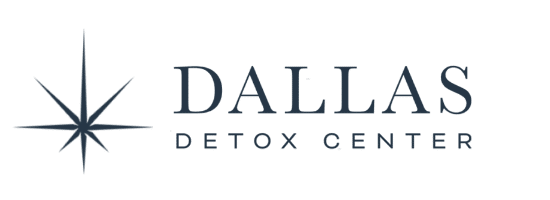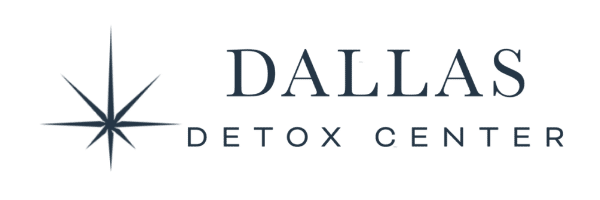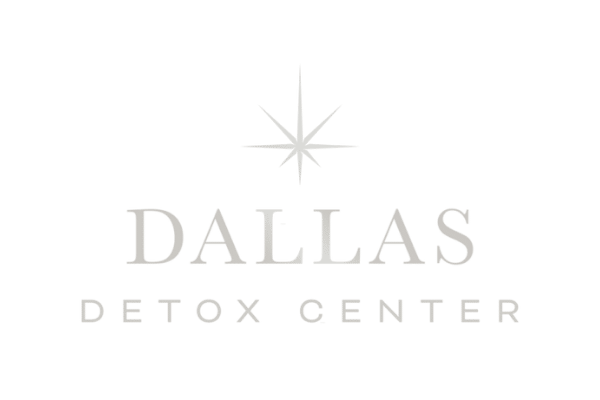If you or someone you love is struggling or has struggled with drug or alcohol abuse, you might worry about preventing relapse. When people first enter a rehab program, they are typically focused on immediate detoxification, getting clean, and getting back to their everyday lives; they do not always consider a relapse prevention program’s impact.
What is a Relapse?
A relapse is when someone gets help for drug or alcohol addiction, and then they repeat drug or alcohol addiction later. When someone, for example, goes to rehab and stays clean for three months but then uses at a party, that is considered a relapse. A relapse is part of the recovery process, a mistake or a lapse made in judgment, but it does not mean failure to recover; it just means a setback.
One study found that people struggling with alcohol addiction who do not get help from a rehab center are more likely to relapse within three years. Preventing this immediate relapse centers around increasing self-efficacy and coping skills so that alcohol is not used during stressful situations or as self-medication. People who participated in rehab aftercare, things like AA meetings, or other ongoing treatment, were more likely to avoid a relapse for 16 years after initial treatment.
The National Institute for Drug Abuse has found that 50% of people relapse, especially when they don’t have rehab aftercare.
What are Common Causes of Relapse?
Preventing relapse can be more difficult for some people than others because there are many common causes of relapse.
Genetics
Up to 86% of people relapse if they are genetically predisposed to addiction. If you have a genetic predisposition to addiction, avoiding a relapse might be significantly more challenging for you. A big part of this is that if you make a mistake and revert to any type of drug or alcohol after getting clean, you might be addicted much sooner than other people. It could take no more than one or two times before you struggle with addiction all over again.
Withdrawal Symptoms
For most people, it is the withdrawal symptoms that lead to an early relapse. If you do not undergo medically managed detox at a proper facility, your withdrawal symptoms might be significant or painful enough that you go back to using drugs or alcohol simply to relieve these symptoms. Cocaine withdrawal symptoms, for example, can last for months after the original detox. This means that you are in a particularly vulnerable situation for the first few months and more likely to succumb to relapse if you do not have the proper relapse prevention program and support structure in place.
Environment
The environment is a considerable factor within the first few years of recovery. If you have completed a recovery program or a detox program and you go right back to the same environment you left, you are more likely to relapse. If you associate with the same people with whom you did drugs or heavily drink, it is unlikely that they will remain supportive of your decision to stay sober and much more likely that you will relapse. Without having a proper aftercare support system in place with the knowledge and access to sober activities, you might not know how else to socialize, what other activities to do in your free time, or how to take care of yourself effectively.
What is a Relapse Prevention Program?
A relapse prevention program is a program that goes beyond immediate detox or withdrawal symptoms and provides long-term aftercare plans. With this type of program, each person gets a customized plan for long-term coping skills and ongoing treatment in the form of support groups, therapy, family therapy, and AA or NA meetings.
Why is Relapse Prevention Crucial after Rehab Ends?
A relapse prevention program in Dallas is crucial for anyone leaving a rehab facility because relapse is such a common part of the recovery process without it. The more you can cultivate skills long-term and the more you can meet with other people and continue to get a network of support, the less likely you are to succumb to things like withdrawal symptoms or attending events surrounded by people who are not a good influence.
With Dallas Detox Center, we offer lifetime aftercare in Dallas. Your struggle with sobriety is not going to expire at a certain point, or once you reach a specific age. It is a lifelong struggle, which is why we offer lifelong support. We continue alumni programming, planning, and help you remain connected within the recovery community. Having a strong network and available support structures will give you a higher chance of relapse prevention.
Let Dallas Detox give you the lifetime support you deserve.







